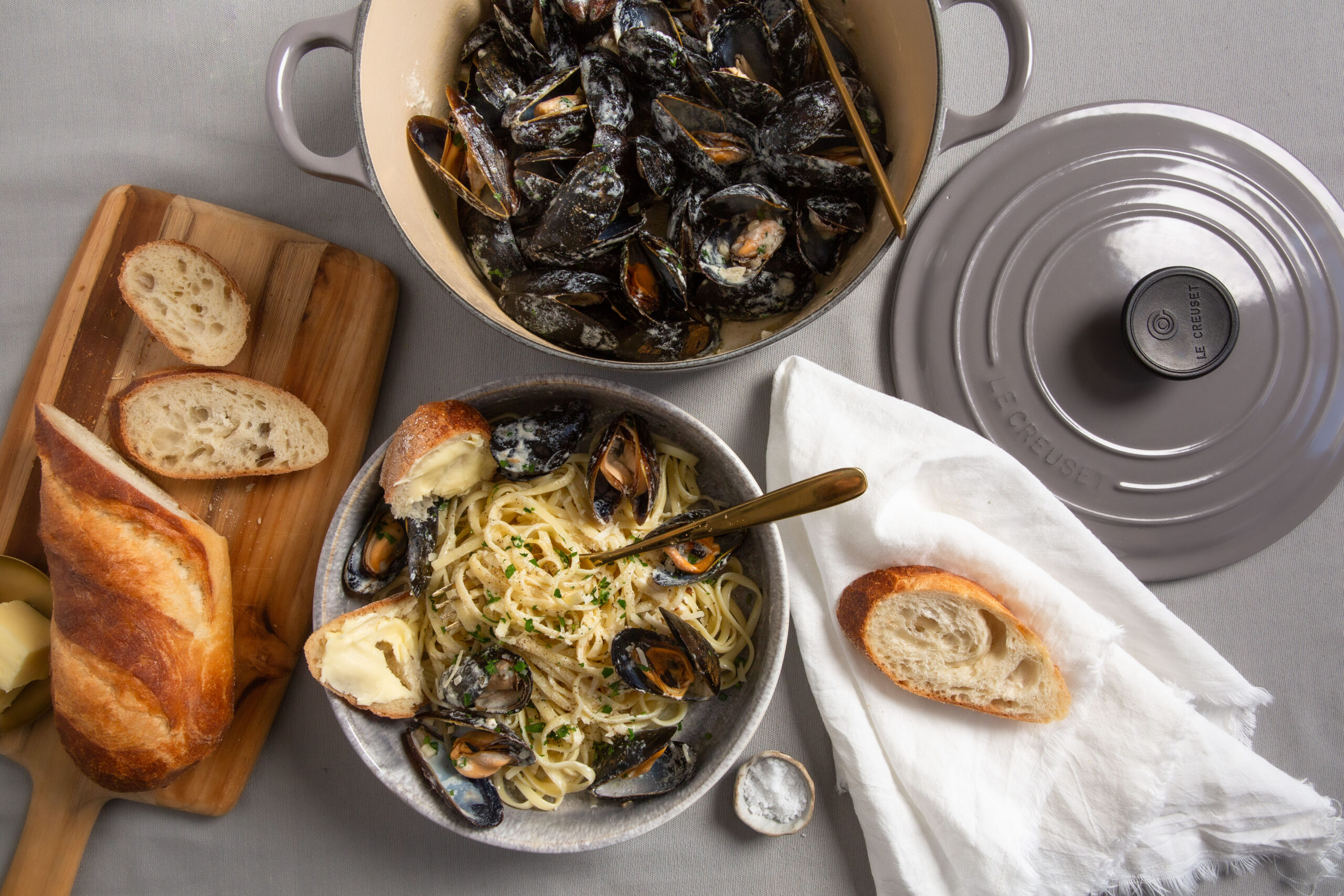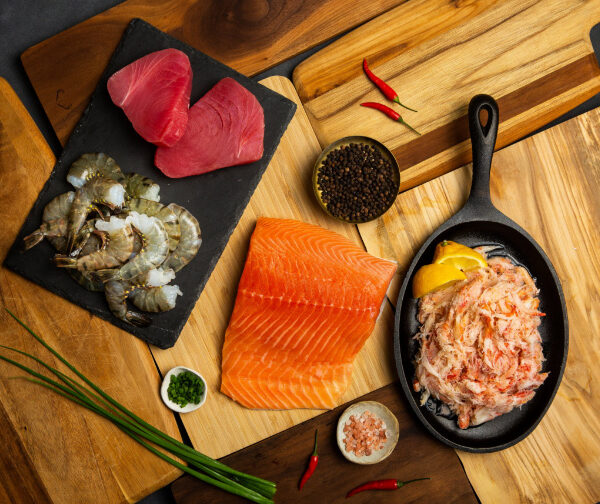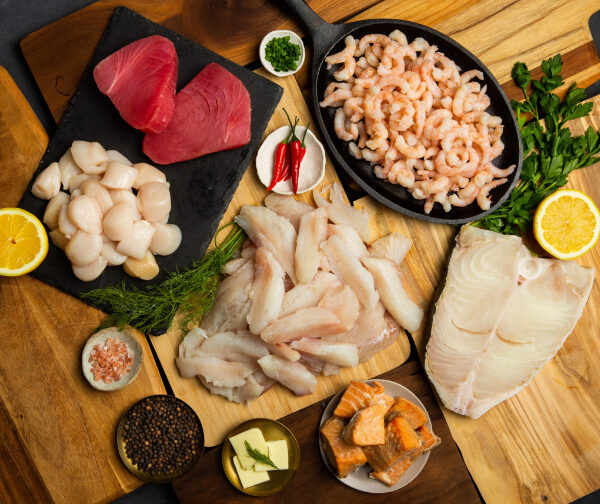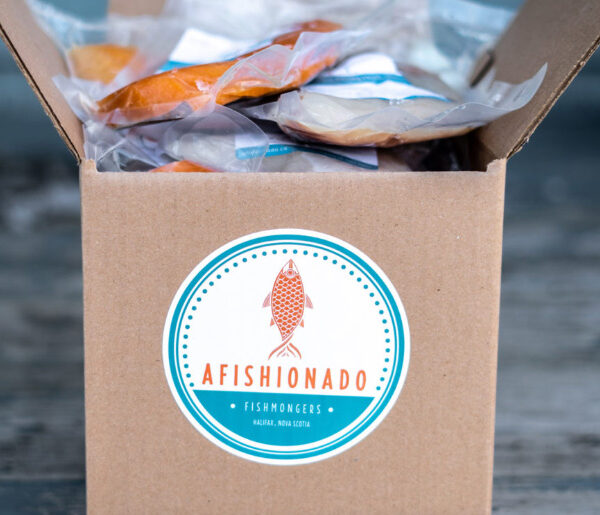3 Reasons to Put Food First This Winter
Written for Afishionado Fishmongers by: Cassidy Collins, BSc Nutrition
It’s a new year, and everywhere you look there is information about nutrition, health, wellness, and how to “start your year right”. Whether you made a New Years’ resolution to eat healthier or you haven’t put much thought into it, what remains is a lot of mixed messages about it all! I’m here to take you through what I like to call the “food first” approach to healthy eating.
When I first started my degree in Nutrition in 2015, I began to learn the basics of what our bodies need – micronutrients, macronutrients, recommended daily intakes, upper limits, and so on. It was all very confusing and overwhelming, and it made me feel like I hadn’t been taking care of my body the “right way”. Sound familiar?
During my second week of university, I went to the local pharmacy and picked up as many supplements and vitamins as I could remember from class! I felt so proud of myself, I had a cupboard full of tablets and it felt like the start of my new healthy life. That is, until we started to discuss in class how to consume all of the necessary nutrients. There was no mention of supplements. “We can very easily get every nutrient we need from food!”, said my favourite professor. Back to confusion.
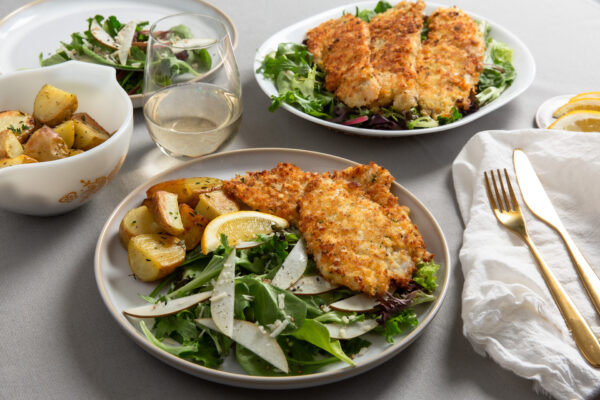
Nicole Lapierre Photography
If most Canadians don’t get enough vitamin D in the winter, then should we all be taking vitamin D supplements? If you don’t eat red meat, do you have to take iron and B12 supplements? To prevent being sick, should you take vitamin C tablets everyday? I had many, many questions, and it became true for me that “the more you learn, the less you know”. Each answer prompted another question.
So I patiently listened, gathered, and learned all the metabolic science of nutrition, the social determinants of health, and I finally landed on this “food first” approach to healthy eating. No crazy rules or restrictions, no expensive supplements (unless recommended by a doctor), and no feelings of guilt around food! Here are my 3 reasons to put food first:
1. Bioavailability
If you aren’t familiar with this term, bioavailability refers to the amount of a given nutrient that is digested, absorbed, and metabolized by the body. Nutrients from food tend to have higher bioavailability, for example: your body will absorb more vitamin D from eating an oyster than it would from taking a vitamin D tablet. Nutrients can also work together to boost bioavailability! The vitamin D in oysters helps to boost the absorption of calcium, a mineral also found in the nutrient-rich bivalve.

Nicole Lapierre Photography
2. Food Complexity
Food can provide so much more than any given supplement. Salmon for instance is a great source of protein, but also contains vitamin B6, vitamin D, calcium, and potassium! Food can also contain fiber, antioxidants, and other trace nutrients that are not found in supplements.

Nicole Lapierre Photography
3. Cost $$$
One quote that has always stuck with me is “supplements are both financially and metabolically expensive!”. What does it mean for something to be metabolically expensive? Think of it like this: your body uses energy and resources for everything it does; The way your body processes nutrients is that it takes what it needs, and gets rid of the rest. Simply put, if you consume too much of a vitamin or mineral, your body will just dispose of the excess through the urinary tract. This is not only a waste of the money you spent on the supplement, but it uses metabolic energy and puts unnecessary strain on your kidneys.
This is not to say that supplements don’t have their place, they can be important tools in treating nutrient deficiencies when recommended by a doctor or nutrition professional, they just shouldn’t be a replacement for nutritious food. So, the next time you see an advertisement for a new supplement or diet plan, remember the food first approach to healthy eating. If you can get all of the nutrients you need from food, and your body absorbs them even better than from supplements, then save your money and make that metabolic energy worthwhile by eating delicious food instead!
Did you know? Eating seafood twice weekly significantly reduces the risk of cardiovascular disease!
Sources:
https://www.seafoodnutrition.org/wp-content/uploads/2018/04/SNP-RDN-Toolkit-Spreads-2018.pdf
https://www.acpjournals.org/doi/10.7326/M18-2478


